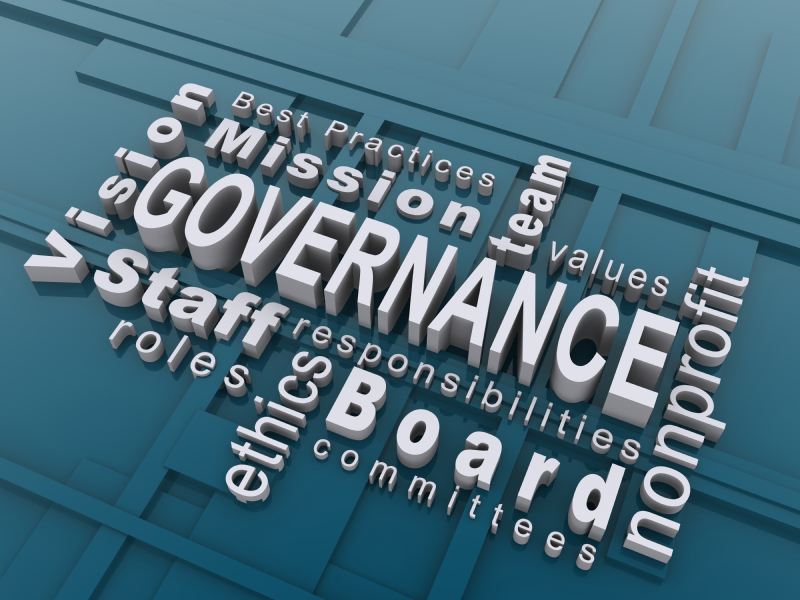Top 15 Non-profit Board Governance Mistakes
Boards are entitled to delegate tasks to committees, officers, staff, or in certain cases, professionals, but only if they perform sufficient oversight. Oversight is commonly exercised through policies and procedures so long as the board ensures that the policies and procedures are actually followed. Common oversight mechanisms include review of financial statements and the annual Form 990 as well as the implementation of various governance policies.





